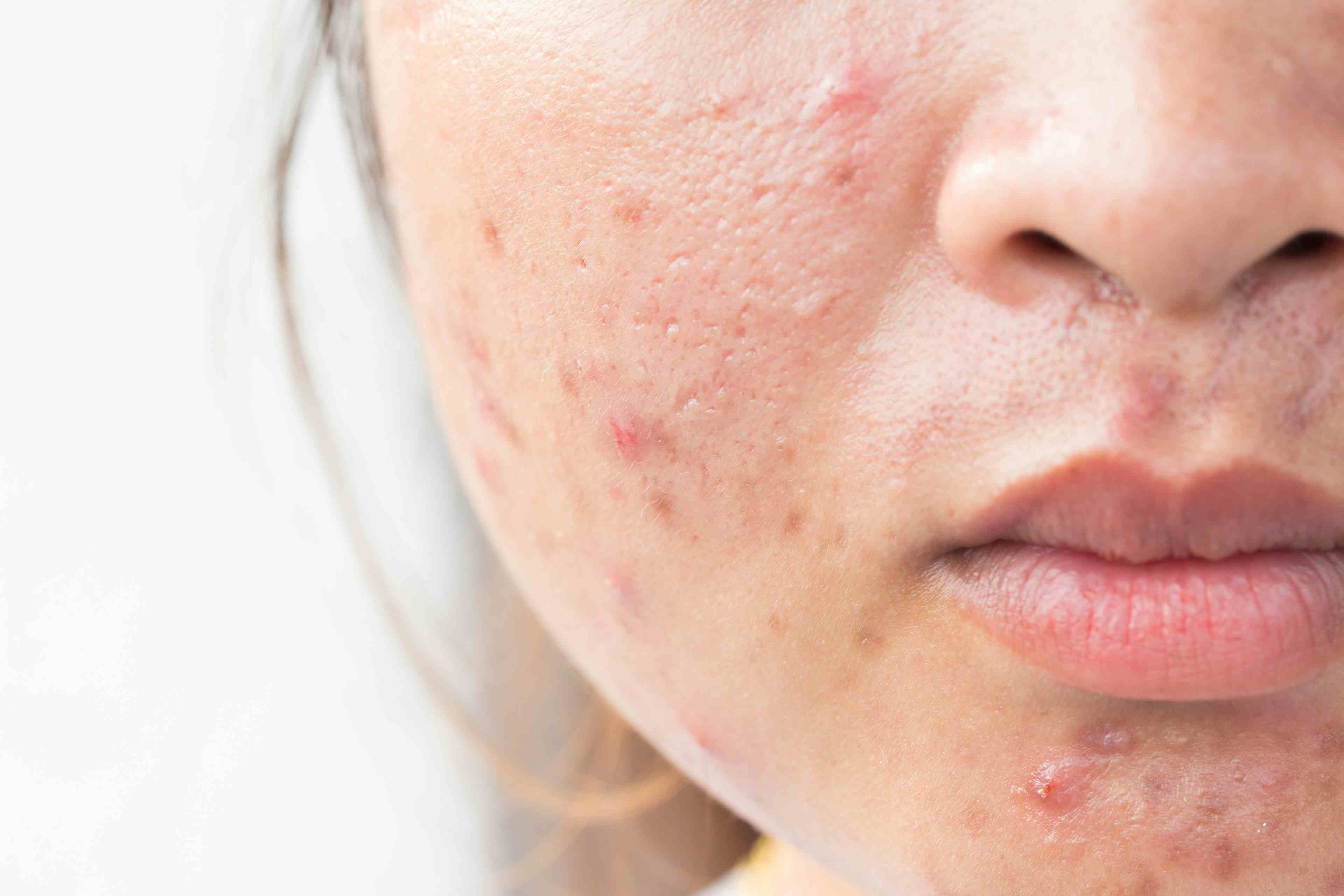- Acne
- Actinic Keratosis
- Aesthetics
- Alopecia
- Atopic Dermatitis
- Buy-and-Bill
- COVID-19
- Case-Based Roundtable
- Chronic Hand Eczema
- Chronic Spontaneous Urticaria
- Drug Watch
- Eczema
- General Dermatology
- Hidradenitis Suppurativa
- Melasma
- NP and PA
- Pediatric Dermatology
- Pigmentary Disorders
- Practice Management
- Precision Medicine and Biologics
- Prurigo Nodularis
- Psoriasis
- Psoriatic Arthritis
- Rare Disease
- Rosacea
- Skin Cancer
- Vitiligo
- Wound Care
Article
AAD, NJMRC protest FDA's 'black box' warning on eczema drugs
Washington -- The American Academy of Dermatology and the National Jewish Medical and Research Center have issued statements protesting new "black box" cancer warnings the Food and Drug Administration (FDA) has ordered on two drugs used to treat eczema: Elidel Cream (Novartis ) and Protopic ointment (Astellas Pharma).
Washington -- The American Academy of Dermatology and the National Jewish Medical and Research Center have issued statements protesting new "black box" cancer warnings the Food and Drug Administration (FDA) has ordered on two drugs used to treat eczema: Elidel Cream (Novartis ) and Protopic ointment (Astellas Pharma).
The black box warning -- the FDA's strongest -- alerts patients to the possible risk of cancer with the use of pimecrolimus (Elidel) and tacrolimus (Protopic). The FDA also plans to issue a medication guide to alert users. The warning states that there have been reports of skin cancer and lymphoma in patients who have taken the drugs, says an FDA news release. An FDA report says that while a causal link between the drugs and cancer has not been established, rare cases of cancer have been reported in patients who have taken them.
During a 2005 AAD conference with dermatologists, patients, pharmacists and immunologists to review research and safety data for the two drugs, it was concluded that the black box warning was unwarranted and could limit access to the drugs or treatment options if patients were fearful of using them.
"The AAD is very disappointed with the ruling by the FDA, since we do not think that the science supports this harsh labeling," AAD spokeswoman Abby Van Voorhees, M.D., tells Dermatology Times. "The link to cancer was not proven, and the data shows these medications to be quite safe.
"We are concerned that eczema patients and their doctors are going to be frightened by the warning, and therefore patients might not get the medications that they need due to unwarranted fear," says Dr. Van Voorhees, who heads the University of Pennsylvania Health System's Psoriasis and Phototherapy Treatment Center. "We would hate to see patients inadequately treated as a consequence."
The NJMRC issued a statement saying that its several-year study concluded that the drugs are safe and offer fewer harmful side effects than other products used to treat atopic dermatitis.
Newsletter
Like what you’re reading? Subscribe to Dermatology Times for weekly updates on therapies, innovations, and real-world practice tips.
















